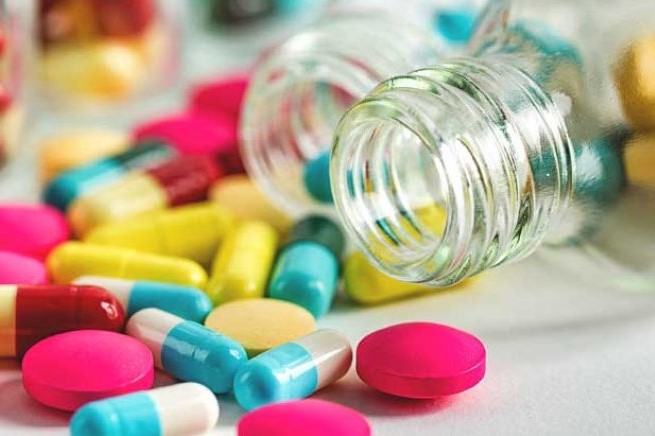
Active ingredients / Acitretin: when to use, what is it used for and what side effects does it have?
Acitretin is distributed through the bloodstream in the body and bound to plasma proteins
When it reaches ‘target’ cells (epidermal cells with altered keratinisation and inflammatory elements), it is able to bind to a specific receptor, reprogramming the cell’s gene expression and, depending on the type of cell, either reducing its proliferation rate or modulating the expression of inflammatory mediators.
What is Acitretin used for?
Acitretin is a drug used in severe dyskeratosis (abnormal keratinisation of epidermal cells), such as psoriasis (including forms characterised by arthropathy), palmoplantar hyperkeratosis and ichthyosis.
It reduces the formation of skin scales and the reddening and thickening of lesions typical of the disease.
How is Acitretin taken?
Acitretin is usually taken orally in capsule form, but it is also administered by injection.
Side effects of Acitretin?
There are a number of adverse effects that can occur when taking this drug, the severity of which may also depend on the dosage and duration of therapy.
The following are particularly noteworthy
- dermatological disorders: dryness of the mucous membranes, inflammation of the ocular, oral and respiratory mucous membranes, dermatological disorders of various kinds;
- muscular and joint disorders: arthralgia, myalgia;
- neurological disorders: headache;
- haematological disorders: alteration of certain haematochemical parameters, such as transaminases;
- vascular disorders: oedema.
Contraindications and warnings for Acitretin?
Acitretin has a high teratogenic potential (i.e. it is capable of causing abnormal foetal development) and has the capacity to concentrate in the mother’s milk in pharmacologically significant quantities: the use of this drug in pregnancy and lactation is contraindicated.
Particularly with regard to pregnancy, it is preferable that the patient undergoing treatment undergoes a pregnancy prevention programme to limit the risks.
The use of this active is also contraindicated in patients with liver and kidney disease and/or impaired glucose and lipid metabolism.
Read Also:
Emergency Live Even More…Live: Download The New Free App Of Your Newspaper For IOS And Android
Severe Asthma: Drug Proves Effective In Children Who Do Not Respond To Treatment
Adverse Drug Reactions: What They Are And How To Manage Adverse Effects


